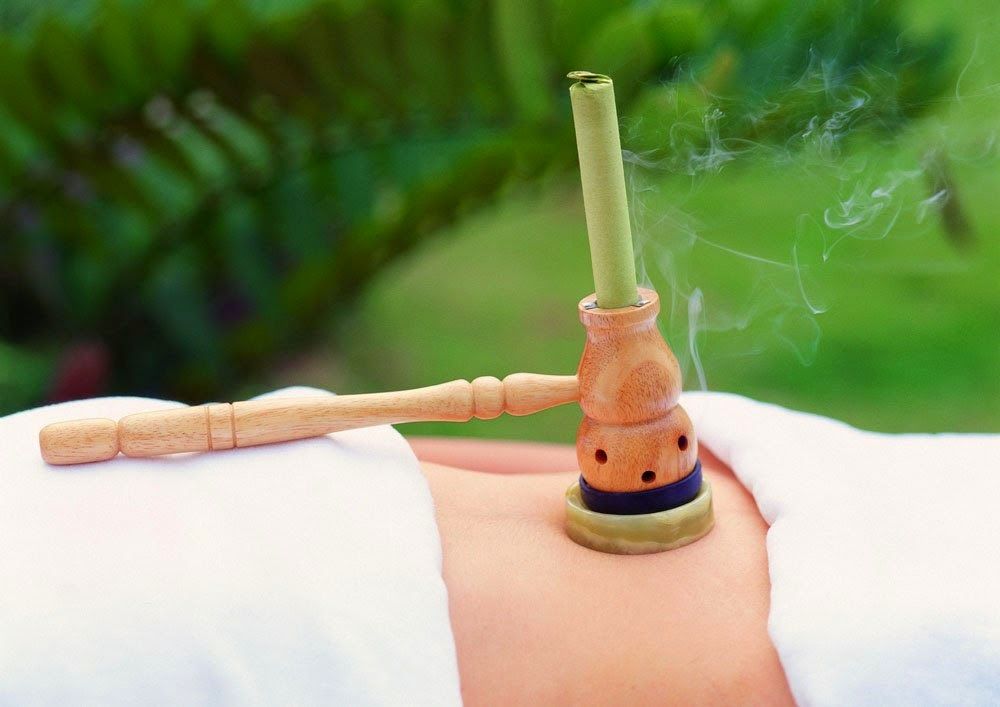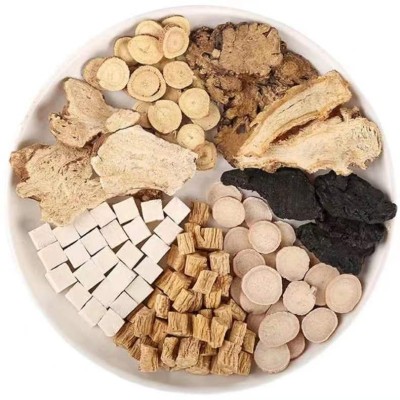Say menopausal syndrome(2)
Say menopausal syndrome(2)
Tips for Coping with Menopausal Symptoms

1.Maintain a Healthy Routine:
Entering menopause requires attention to your rest. Avoid staying up late and ensure you get good sleep. Regular sleep patterns are essential for balancing physiological functions and the nervous system, contributing to improved menopausal conditions.
2.Maintain a Positive Attitude:
Menopausal discomforts often occur intermittently, especially under stress and emotional instability. Slow down your pace in life and work during menopause. Learn self-regulation techniques to alleviate stress.

3.Exercise Moderately:
Engage in gentle exercises during menopause. Avoid intense activities that might strain your joints. Practices like yoga, tai chi, and meditation are beneficial. Outdoor activities like hiking with friends not only keep you physically active but also lift your spirits.
4.Adopt a Balanced Diet:
Control your diet effectively during menopause. Pay attention to nutrition balance and texture coordination. Consume non-greasy, nourishing foods such as lotus seed porridge, glutinous rice porridge, gelatin soup, mutton soup, and the Eight-Treasure Soup. These foods can protect the spleen and kidneys, improve blood, and alleviate menopausal symptoms.
4.1 Increase Vitamin B1-Rich Foods:
Include foods like lean meat, millet, and legumes. They are beneficial for the nervous system and reducing menopausal syndrome symptoms.

4.2 Avoid Stimulating Foods:
Avoid foods like alcohol, strong tea, and coffee. These foods might trigger agitation, especially in women experiencing emotional instability during menopause.
4.3 Moderate Protein Intake:
Obtain proteins from sources like beef, lamb, eggs, and milk.
4.4 Calcium and Magnesium-Rich Foods:
Consume foods rich in calcium and magnesium to alleviate restlessness during menopause. Additionally, include legumes in your diet. Drinking milk can help soothe menopausal emotions and replenish lost calcium. Ensure sufficient vitamin D intake as it aids calcium absorption and utilization.
4.5 Iron-Rich Foods:
Include iron-rich foods, which can improve mood and enhance attention and vitality.
4.6 Vitamin-Rich Foods:
Adequate vitamin intake is essential. Insufficient vitamins can lead to restless ness, headaches, and irritability.

5.Moxibustion Therapy:
Some patients have symptoms of excess heat above and cold below. Symptoms such as irritability, dry throat, dry eyes, and restlessness are observed in the upper body, whereas lower limbs experience coldness, back and knee pain, frequent urination, and loose stools. Moxibustion on specific points like Guanyuan, Baliao, Shenshu, Sanyinjiao, and Baihui can yield positive results.
6.Chinese Herbal Remedies:
Chinese herbs can alleviate hot flashes, treat insomnia, calm anxiety, promote bone health, and improve dry skin and sagging. There's a classic saying in Traditional Chinese Medicine: "Nourish internally, care for externally, and your beauty will naturally shine."




